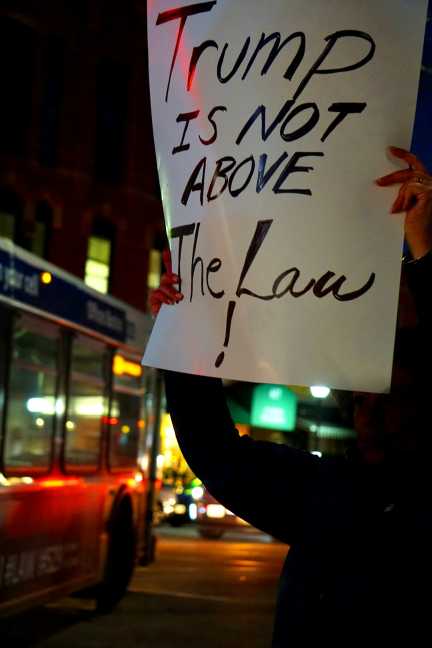Social media has become an integral part of modern society, playing a crucial role in how people communicate, share information, and express their opinions. However, the rapidly evolving landscape of social media has raised a host of legal issues surrounding free speech and online behavior.
One of the key legal issues surrounding social media and free speech is the balance between the protection of free expression and the regulation of harmful or offensive content. The First Amendment of the United States Constitution guarantees the right to freedom of speech, but this right is not absolute. Courts have long recognized that certain types of speech, such as defamation, incitement to violence, and child pornography, are not protected by the First Amendment.
In recent years, there has been a growing debate over the role of social media platforms in regulating speech on their platforms. Tech giants like Facebook, Twitter, and YouTube have faced criticism for their handling of hate speech, misinformation, and other harmful content. While these platforms have policies in place to combat such content, there are concerns about the impact of their moderation practices on free expression.
Another legal issue surrounding social media and free speech is the rise of online harassment and bullying. The anonymity and reach of social media platforms have made it easier for individuals to engage in harmful behavior towards others. Cyberbullying, revenge porn, and doxxing are just a few examples of the types of online harassment that can have serious real-world consequences.
In response to these issues, lawmakers have enacted legislation to address online harassment and protect individuals from abusive behavior. For example, many states have anti-cyberbullying laws that criminalize certain types of online harassment. Additionally, the federal government has laws in place, such as the Communications Decency Act, that provide immunity to social media platforms for the content posted by their users.
However, the regulation of online speech raises complex legal questions about the boundaries of free expression and the responsibilities of social media companies. Some argue that greater regulation is necessary to protect individuals from harm and prevent the spread of harmful content. Others worry that overzealous censorship could stifle legitimate speech and infringe on individuals’ rights.
The issue of free speech on social media also intersects with other legal principles, such as privacy rights and intellectual property. Individuals have a right to control the use of their personal information online, and social media companies must comply with data protection laws to ensure the privacy and security of their users’ data. Likewise, copyright and trademark laws play a role in regulating the use of intellectual property on social media platforms.
One of the most pressing legal issues surrounding social media and free speech is the spread of misinformation and disinformation. The rise of fake news, misinformation campaigns, and conspiracy theories on social media has had a profound impact on public discourse and democratic institutions. Misinformation can sow confusion, incite violence, and undermine trust in the media and government.
In response to the spread of misinformation, lawmakers and tech companies have taken steps to combat false information on social media platforms. Platforms like Facebook and Twitter have implemented fact-checking programs, algorithmic changes, and content moderation policies to reduce the spread of false information. Additionally, governments have considered legislation to hold platforms accountable for the spread of misinformation on their sites.
The regulation of misinformation on social media raises questions about the role of tech companies in shaping public discourse and the potential impact on free speech. While combating misinformation is important for protecting the public from harm, there are concerns about censorship and the suppression of alternative viewpoints. Finding the right balance between combating misinformation and preserving free expression is a complex legal challenge.
Overall, the legal issues surrounding social media and free speech are complex and multifaceted. As social media continues to evolve and play a central role in public discourse, lawmakers, tech companies, and individuals must grapple with how to protect free expression while addressing the harmful consequences of online speech. Finding the right balance between these competing interests will be critical in shaping the future of online communication and the protection of individuals’ rights.

